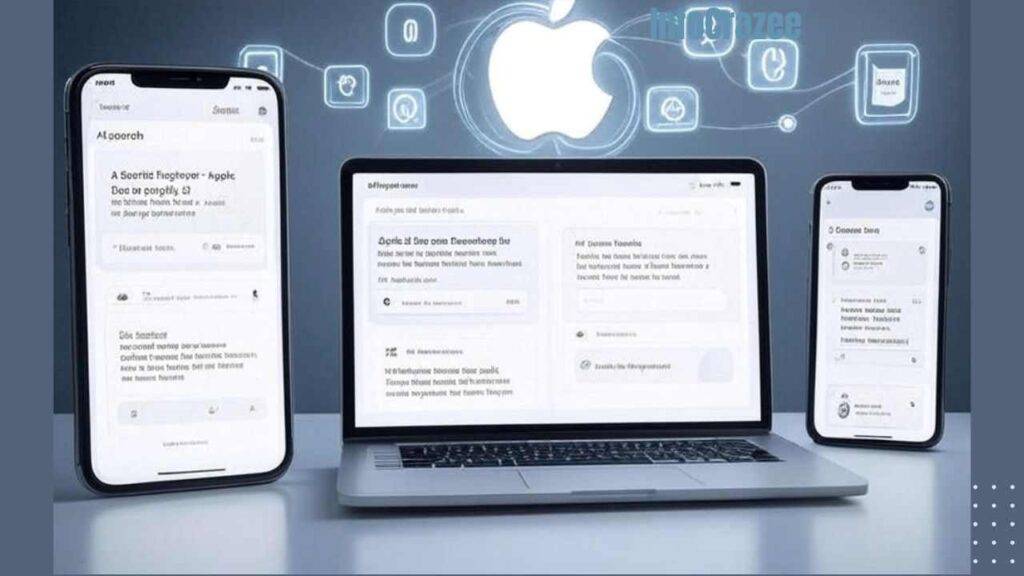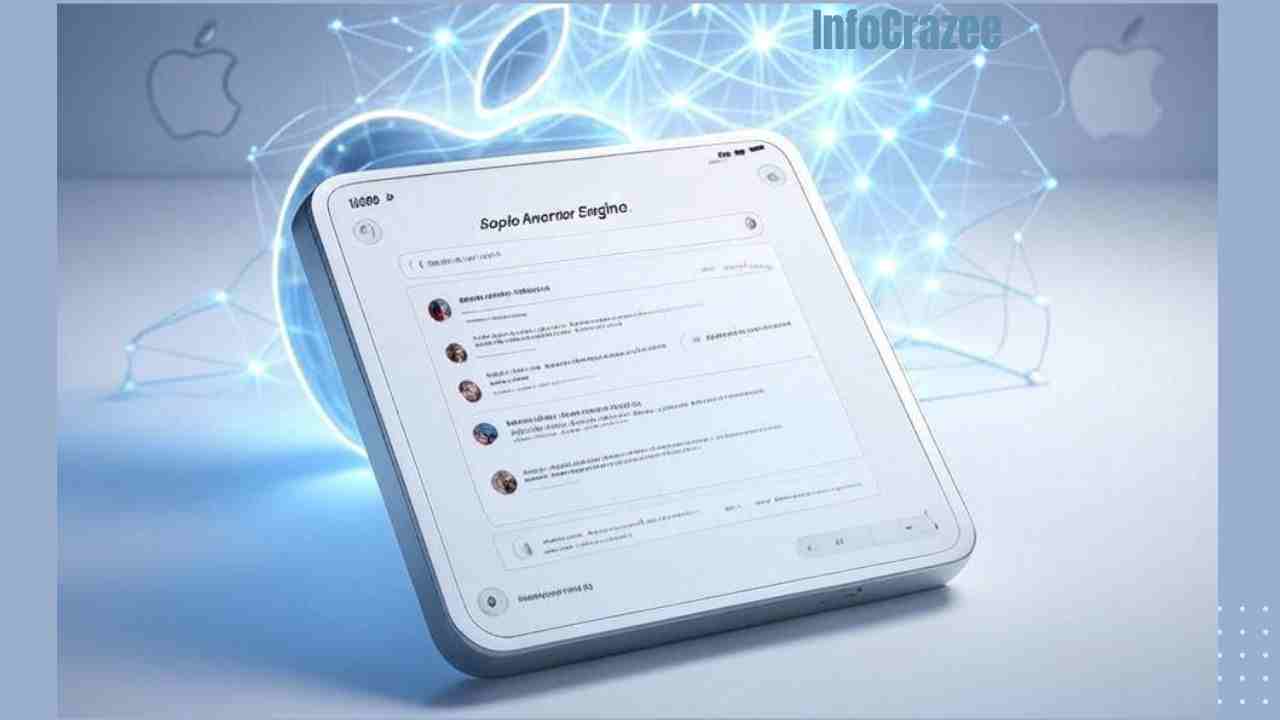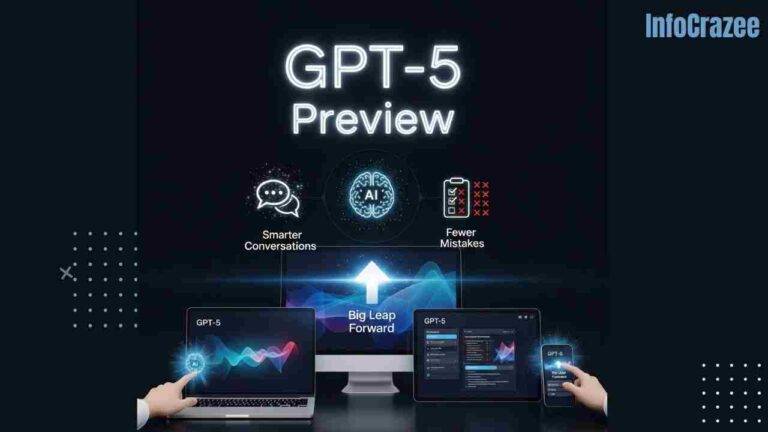Apple Reportedly Working on AI-Powered ‘Answer Engine’
Apple is quietly developing an AI-powered “answer engine” to compete with the likes of OpenAI’s ChatGPT and Google’s Gemini, signaling a major shift in its artificial intelligence strategy. According to Bloomberg’s Mark Gurman, the tech giant has established a new team called Answers, Knowledge, and Information (AKI), tasked with building a system that synthesizes web-based information to deliver conversational, contextually relevant responses to user queries. The project, still in its early stages, could reshape how users interact with Apple’s ecosystem, from Siri to Safari.
A New Approach to Search
Led by senior director Robby Walker under Apple’s AI chief John Giannandrea, the AKI team is focused on creating a lightweight, privacy-centric alternative to existing AI chatbots. Unlike Apple’s current integration of ChatGPT into Siri, which relies on external processing for complex queries, the answer engine aims to provide in-house capabilities, potentially as a standalone app or embedded in Siri, Safari, and Spotlight. Job listings on Apple’s careers page emphasize expertise in search algorithms and engine development, indicating a robust push to enhance search functionality across its platforms.

The initiative comes as Apple faces pressure to reduce its reliance on Google’s search engine, which powers Safari’s default searches under a $20 billion annual deal now under scrutiny due to Google’s antitrust challenges. An in-house answer engine could offer Apple greater control over information delivery while aligning with its privacy-first ethos, potentially integrating stronger data protections than competitors.
Strategic Shift Amid Delays
Apple’s move marks a departure from its earlier stance at WWDC 2024, where it downplayed the need for a proprietary chatbot, citing limited consumer demand. However, the rapid growth of generative AI—36% of internet users now prefer AI chatbots over traditional search engines—has prompted a strategic pivot. CEO Tim Cook recently emphasized Apple’s commitment, telling employees, “Apple must do this. Apple will do this. This is ours to grab.” The AKI team, staffed with former Siri developers, is racing to deliver a system that prioritizes accuracy and seamless integration over the flashier features of rivals.
The project isn’t without hurdles. Apple has faced repeated delays in rolling out advanced AI features for Siri, and developing a real-time, web-scraping answer engine requires significant investment in infrastructure and talent. Data accuracy, bias mitigation, and user adoption remain key challenges, especially as competitors like Perplexity and xAI’s Grok 3 with DeepSearch mode gain traction in the AI search space.
Implications for Apple’s Ecosystem
If successful, the answer engine could transform how users interact with Apple devices, offering a conversational alternative to traditional search results. For example, asking Siri a complex question like “What are the latest AI chip advancements?” could yield a synthesized response rather than a list of links. This aligns with Apple’s broader vision of deeply integrating AI into its ecosystem, enhancing user loyalty and opening new revenue streams.
The project also positions Apple to capitalize on the shifting search landscape. As Google navigates legal challenges and competitors like Perplexity redefine search with AI-driven models, Apple’s answer engine could carve out a unique niche by leveraging its hardware-software integration and privacy focus. However, with the project still in development, a finished product may be years away, leaving Apple to balance ambition with execution in a fiercely competitive AI race.






